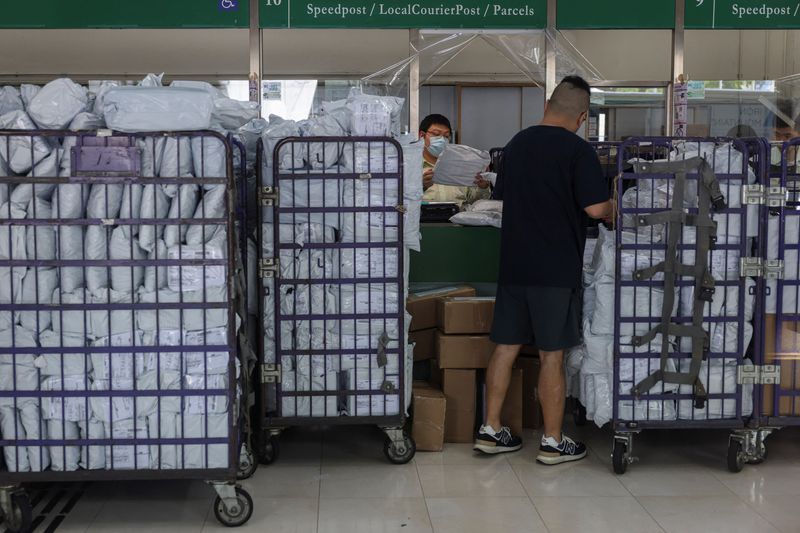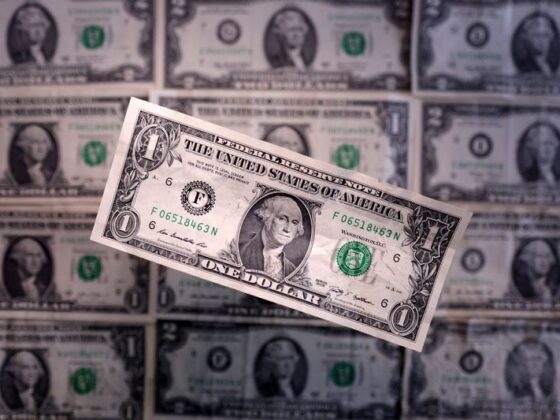By Arriana McLymore and Helen Reid
NEW YORK -The U.S. administration on Friday ended duty-free imports of packages worth less than $800, known as the “de minimis” exemption, a decision that increases costs for retailers around the world selling to the U.S. and will likely cause prices to rise for American shoppers.
President Donald Trump announced on July 30 the repeal of the duty-free treatment of parcels from every country, effective a month later.
With this, the administration has expanded a decision in May to impose tariffs on these shipments from China and Hong Kong, affecting retailers such as Shein and Temu, which primarily ship from China.
Here's what the latest step means for U.S. buyers as well as some small U.S. businesses that work with overseas suppliers.
WHAT ARE THE REASONS?
The Trump administration has cracked down on de minimis because it says the exemption has enabled traffickers to easily send parcels containing fentanyl into the country.
U.S. retailers and industry groups also opposed the exemption in the belief it gave an unfair advantage to foreign e-commerce companies, such as Shein and Temu, as well as some third-party sellers on Amazon. Amazon, Shein and Temu declined to comment.
Prices of merchandise at Walmart or Target already reflect tariffs paid by the retailers when they import the goods, making them comparatively more expensive.
WHAT DOES IT MEAN?
The de minimis exemption enabled a cross-border ecommerce surge as U.S. shoppers snapped up bargains, including $12 dresses on Temu. Until May 2, orders landed on their doorsteps free of duties provided their packages were valued at less than $800.
In fiscal 2024, 1.36 billion shipments arrived under de minimis with a declared value of $64.6 billion.
According to U.S. government data, about 73% of de minimis packages entering the U.S. originated from China in 2024.
Letters and gifts worth less than $100 sent to the U.S. by individuals will still be exempt from duties under the new rules.
WHICH COUNTRIES ARE MOST AFFECTED?
Canada, Mexico and the United Kingdom are the next biggest senders, according to CBP figures. Logistics provider Red Stag Fulfillment said other significant sources include India, South Korea, Thailand and Vietnam.
Since the China exemption was eliminated on May 2, de minimis volumes have fallen by about a third, Red Stag said.
Small British businesses selling online to U.S. shoppers have already alerted customers to price increases. Sewing pattern and fabric company Merchant & Mills, for example, announced in an Instagram post that it would increase its U.S. prices by 15% to cover duties.













